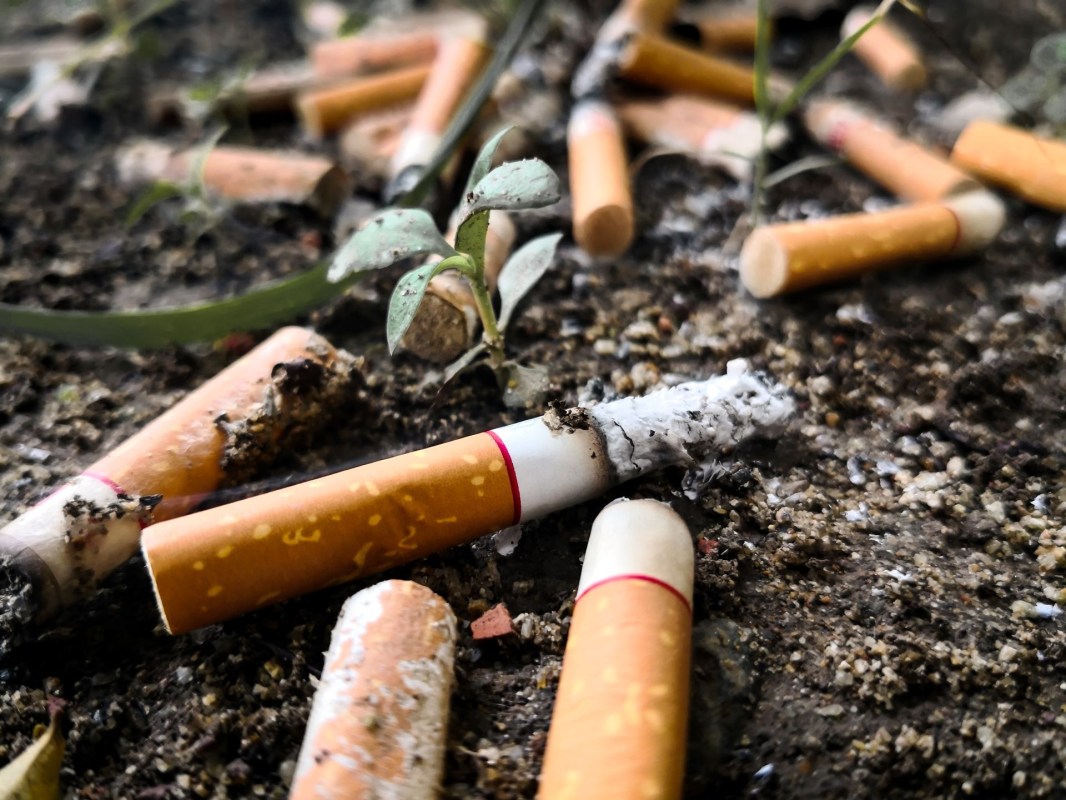Fungi Solutions, an Australian recycling group, is putting mushrooms to work in an effort to reduce cigarette waste.
They have collected 138,761 cigarette butts from Down Under so far as part of nearly 2,000 pounds of waste rescued from the trash heap. The effort includes several organizations that are working to clean up Australia's litter, specifically the butts.
"Mushrooms have an incredibly adaptive digestive system, and they use a lot of different things for food sources," Amanda Morgan, the chief executive at Fungi Solutions, told the Guardian. If successful, the result could be an alternative to plastic.
Cigarette butts remain a leading source of litter around the world. In Australia, up to nine billion butts a year are thrown out. Fungi Solutions wants to collect up to 1.2 million butts as part of a trial, putting their oyster mushrooms to work breaking them down, the Guardian reports.
The mushrooms can digest the toxins and microplastics in about seven days. If left by a riverbank, roadside, or landfill, the butts could take 15 years to dissolve.
"We now have a strain of fungi that is going just exclusively on cigarette butts alone," Morgan said.
The process is still being studied as experts research the safety and effectiveness of the mushroom byproduct. If it's proven safe, home-compostable packaging is one practical use.
Environmental groups Sustainability Victoria and No More Butts are helping to fund and lead the effort.
"We looked at what was feasible to collect from 80 businesses across Melbourne in just under one year as well as the funding available from Sustainability Victoria," No More Butts founder Shannon Mead said of the 1.2 million cigarette goal. "We're aiming to go even higher if funds are available, and if that happens, it could be the only commercially scalable recycling opportunity for cigarette butts in Australia."
It's important work because the harmful impact of cigarettes doesn't end in the ashtray. The Guardian reports that one-third of the nearly 100 chemicals used to make them harm sea creatures. Unfortunately, birds, turtles, and fish eat the butts.
"(Cigarette butts) are a really challenging pollutant, so anything we can do with them is good news for the environment," Morgan said. "We think it's the start of a really interesting conversation about how to recycle our materials responsibly and establish a circular economy."
Join our free newsletter for weekly updates on the coolest innovations improving our lives and saving our planet.









